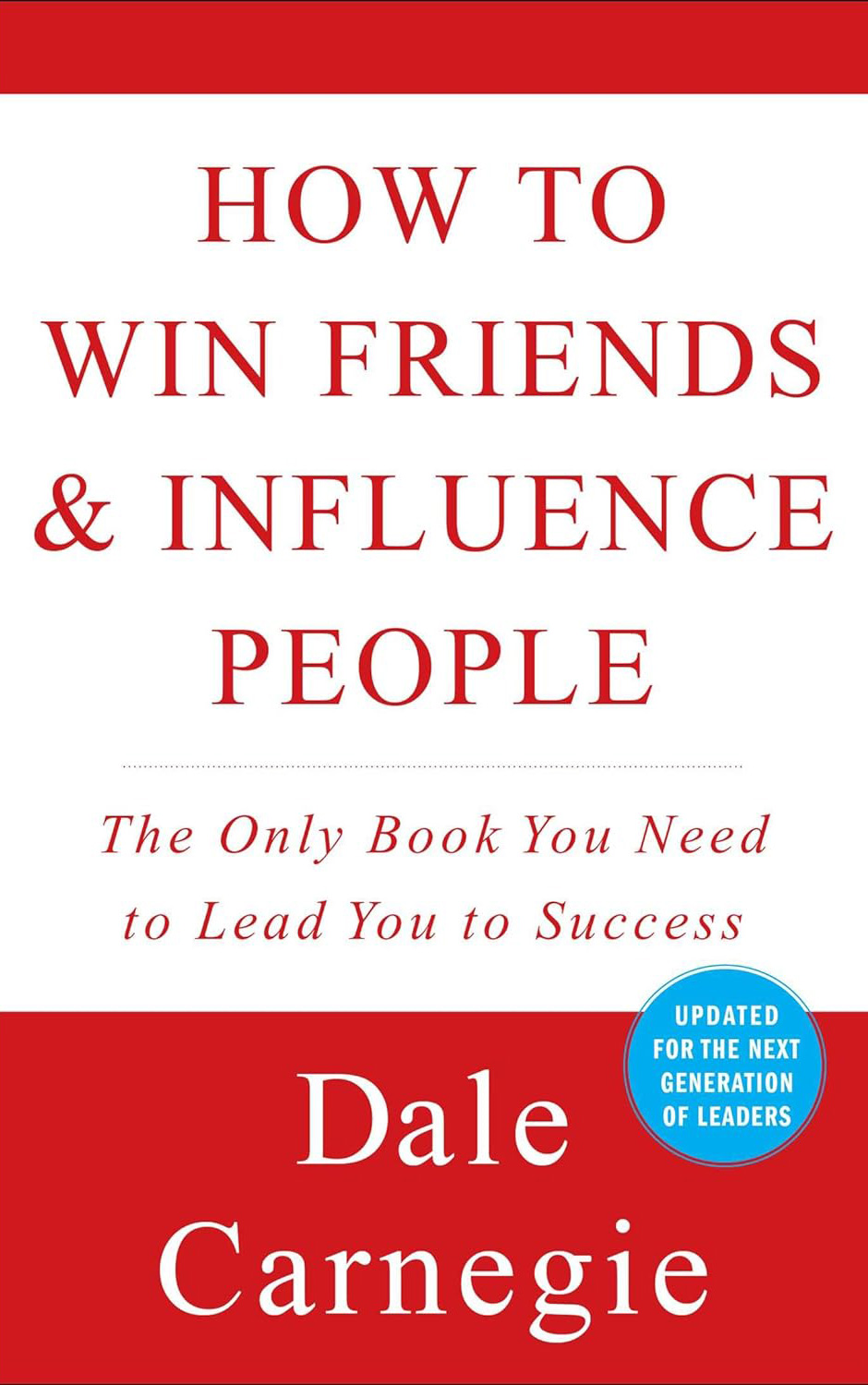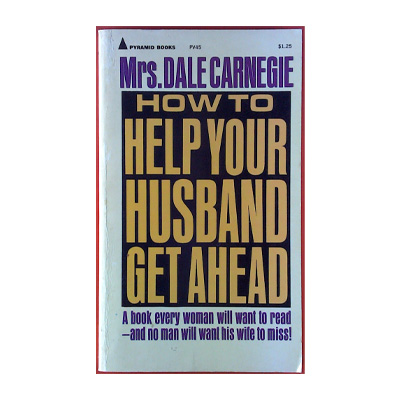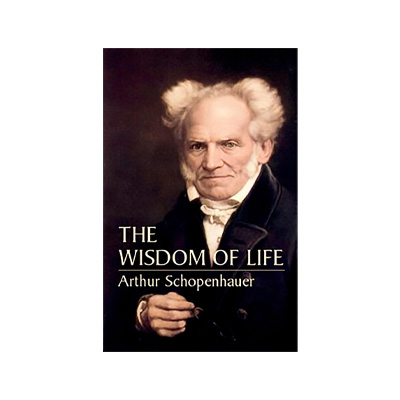Book Summary
Dale Carnegie states in the book How to win friends and influence people expresses that communicating with others is more than an art, it plays a very vital role in matters such as earning more money and improving living conditions. At the beginning of the book, Carnegie talks about the power of admiring others and replacing it with criticism, how it makes people's good qualities stand out.
Instilling a sense of importance to the other party in our friendships is another point that the author points out and acknowledges that in its absence, people's lives will be destroyed. The author goes further and to love people means to accept them in whatever position they are, regardless of their job and social title, and considers it very important to treat them in the best possible way. He believes that with a very pleasant tone when talking to different people, congratulating them on their birthday, and even thanking them for the smallest favor sent to you, you can open a special place in their hearts.
Not neglecting the power of a smile is another lesson that is confirmed in the middle of the book. Contagiousness of smile even in the most difficult and heaviest moments and atmospheres and turning the atmosphere of discomfort into a calm and pleasant environment is a wonderful event that a person will be able to achieve by having this treasure. Addressing people in letters, or in other words, correspondence and conversations, as well as being a listener to their words and requests, is of great importance to Dale Carnegie, who, in his own way, provides details and examples of the necessity of their existence. He has spoken in creating friendship.
Talk to people about themselves and their hobbies, because almost all people like to talk about their interests, so a door will be opened for them to talk about them, and a unique connection will be formed between them and you. As so far, the author has talked about the positive ways to create a friendship relationship, he continues to talk about the flaws that make friendship impossible.
For example, getting into an argument that generally has no result, and both sides of an argument think that they are right, will have no result other than turning caring friends into stubborn enemies, and fighting with other people's opinions, from a human being. He makes a dictator that others will have no interest in hanging out with him and listening to his words.
The simple and practical method that Carnegie proposes in this book has other steps that you will get to know after reading the book completely and you will understand the depth of the content more. According to his suggestion, this written work should be read several times. And he practiced his teachings in different places and times.
About the Author
Dale Carnegie, a skilled writer in the field of self-belief and self-help, was born on November 24, 1988 in Missouri, USA. He studied at Warrensburg College for a while and then changed his field from teaching techniques to art. Examples of his works are: Unknown Lincoln, five-minute biographies and unheard facts of famous people, left behind that made him famous. This famous person died on November 1, 1955 in Forest Hills.
Who Should Read the Book?
People who regret most of the time why they can't win in arguments and are interested in making friends soon and even being named as a lovable character, reading this book is recommended for them.
Table of Contents
The contents of the Book are divided into 4 main chapters, each of these chapters have their own sub-categories that include very small sections.1- do not kick 2- Six ways to make people like you. 3- How to bring people into your way of thinking. 4- Principles of good leadership






















